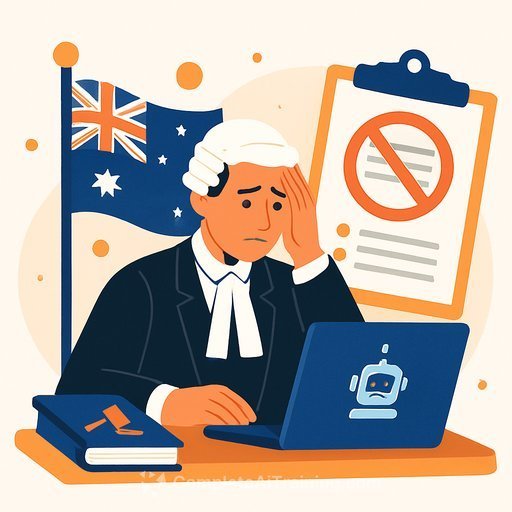Law Firm Ordered to Pay $24,000 for AI-Generated Citation Errors
A federal court in Puerto Rico ordered counsel for the defunct Puerto Rico Soccer League to reimburse FIFA and other defendants $24,000 in attorney's fees and costs for filing briefs with AI-style citation hallucinations. Chief U.S. District Judge Raul M. Arias-Marxuach found the filings contained at least 55 erroneous citations, forcing the court to spend hours verifying sources.
Case: Puerto Rico Soccer League NFP, Corp. v. Federacion Puertoriquena de Futbol, No. 23-1203 (D.P.R. 9.23.25).
What the Court Said
- The judge flagged pervasive inaccuracies and nonexistent citations that violated Federal Rule of Civil Procedure 11 and applicable ethics rules.
- Plaintiffs' counsel denied using generative AI, but the court questioned that claim given the volume and nature of the errors.
- Sanctions covered the defendants' fees and costs tied to responding to the defective filings.
Why This Matters
Courts are losing patience with fabricated or inaccurate citations, regardless of whether AI was used. The duty is simple: verify every citation before filing. Failure to do so exposes counsel and clients to fee-shifting, reputational damage, and potential bar issues.
Action Steps for Litigators
- Require human cite-checks for every filing. No exceptions.
- Use trusted databases (and cross-check): Westlaw, Lexis, Fastcase, or Casetext; confirm the case exists, is good law, and supports the proposition.
- Prohibit automated citation generation. If AI is used for drafting, treat all cites as placeholders until independently verified.
- Document your verification: keep retrieval logs, pin cites, and PDFs of key authorities in the file.
- Adopt internal AI-use policies and train teams on verification standards.
- Re-read Model Rule 1.1 (Competence) and technology competence guidance in your jurisdiction.
Practical Filing Checklist
- Every citation: existence, accuracy, jurisdiction, and current validity checked.
- Quoted passages: match the source; include pin cites.
- Non-precedential or unpublished cases: confirm citability under local rules.
- Keep a short cite list with URLs or database IDs for chambers and opposing counsel if needed.
Bottom line: courts expect real sources that say what you claim they say. Validate first, file second.
If your team is implementing AI in legal workflows and needs structured, verification-first training, see our resources: AI courses by job.
Your membership also unlocks:






